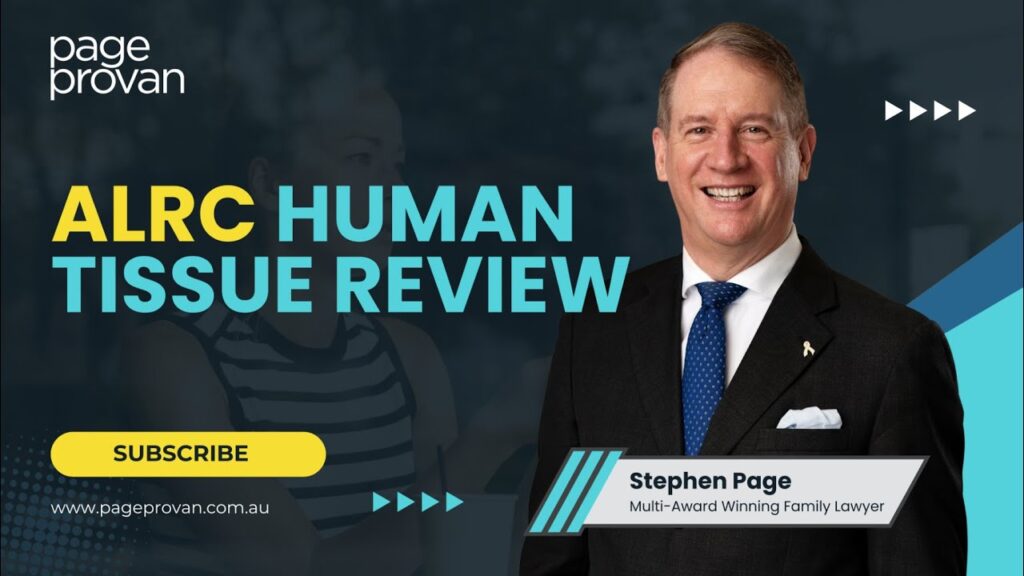Family Court: Summary of nature of domestic violence
In the recent case of Dean and Crawford, Justice Mullane has set out a useful summary of soem of the characteristics of domestic violence and abuse:
Abusive behaviour is not an attribute of a particular victim or a particular
relationship. Abuse is an attribute of the perpetrator. It is a fact that some
people use abuse in dealing with others, but most do not. It is not an attribute
of alcohol. Most people who use alcohol do not use abuse.
Children who spend time with an adult who uses abuse in his or her dealings with others are at an obvious risk of physical injury. Children, (some would say especially at certain stages such as “the terrible two’s” and adolescence) can test an adult carer’s patience as much as any argumentative or aggressive adult.
Spending time with an abusive adult involves other risks to children. One of those is the risk of psychological harm. Children can as a result of experiencing abuse or
witnessing abuse of loved ones, suffer insecurity, apprehension, unhappiness,
anxiety, fear, hypervigilence and terror. Generally experiencing or witnessing
abuse inhibits a child’s emotional development.
Verbal abuse and put downs can also diminish a child’s self esteem and self confidence, and that can cause long term damage.
The worst danger that an abusive parent or carer presents
to a child, however, is as a role model. The child can learn to use abuse in
dealings with others, including those they love. It is a social disability that
can destroy the most intimate relationships and bring the child into conflict
with relatives, friends, other people they socialise with, the police and the
law. The role model of an abusive parent or carer puts a child at risk of
adopting the role of an abuser when they partner. Either way, it is a long term
damaging legacy from the adult.












